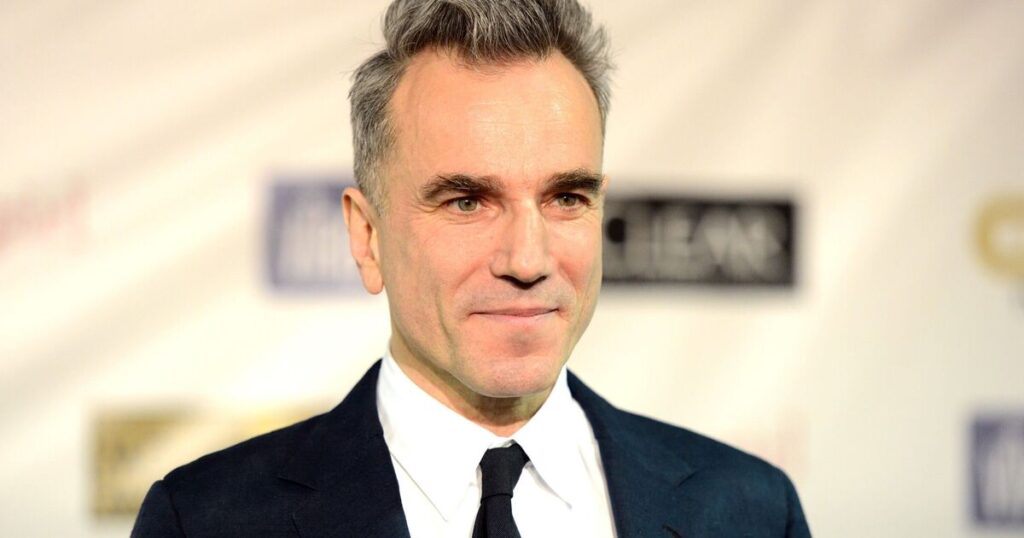
Daniel Day-Lewis, the only performer to have won three Best Actor Oscars, stunned the film community when he stepped away from acting – a decision that seems to have solidified during his final role in Phantom Thread (2017).
As My Beautiful Laundrette returns to cinemas in the UK (on August 1), it offers a rare reminder of a pre-fame Day-Lewis who once fascinated audiences; yet it is Phantom Thread that appears to have finally broken him.
At age 60, after filming Phantom Thread in an intimate London townhouse set – where cast and crew lived and worked under the same roof – Day-Lewis publicly declared he was quitting. In an interview with Variety at the time, he said simply: “I need to believe in the value of what I’m doing,” and admitted that belief had vanished.
He said as he and director Paul Thomas Anderson began the shoot, “we laughed a lot… and then we stopped laughing because we were both overwhelmed by a sense of sadness… It was hard to live with. And still is.”
Even more revealing, he admitted: “I haven’t figured it out… Not wanting to see the film is connected to the decision I’ve made to stop working as an actor… But it’s not why the sadness came to stay. That happened during the telling of the story, and I don’t really know why.”
Day-Lewis has built his career on absolute immersion – method acting run to extremes. He remained in a wheelchair off-camera in My Left Foot (1989), lived on prison fare during In the Name of the Father (1993), and prepared by skinning animals for The Last of the Mohicans (1992).
These intense processes earned him Oscars for My Left Foot, There Will Be Blood (2007), and Lincoln (2012), but also added a heavy personal toll.
He once explained his commitment in a 2009 interview with The Guardian and said staying completely in character between takes makes sure “there isn’t the rupture every time the camera stops, every time you become aware of the cables and the anoraks and hear the sound of the walkie-talkies”, and helps preserve the illusion of reality and avoid jolting back to modern distractions.
But with Phantom Thread, that method – once a tool – became a burden. The London house setting turned claustrophobic, forcing Day-Lewis to remain “finicky Reynolds Woodcock in perpetual sweaty close-up for week after week.” The conditions were “awful”, “a logistical nightmare”, and he admitted bluntly: “It’s hard to work with a crew that really hates you”.
Despite earning another Oscar nomination, Day-Lewis said the role felt fraudulent – he “no longer believed it himself”.
His career, characterised by infrequent but high-quality appearances – just seven films since 2000 – was always part of his mystique.
Since his 2017 retirement, Day-Lewis has been notably absent from public life. Yet he recently agreed to appear in Anemone, an ensemble drama directed by his son, starring alongside Sean Bean and Samantha Morton. If it indeed marks a final bow, he’ll be returning in a modest supporting part – echoing his early career days more than reinventing himself.
 Latest World Breaking News Online News Portal
Latest World Breaking News Online News Portal






